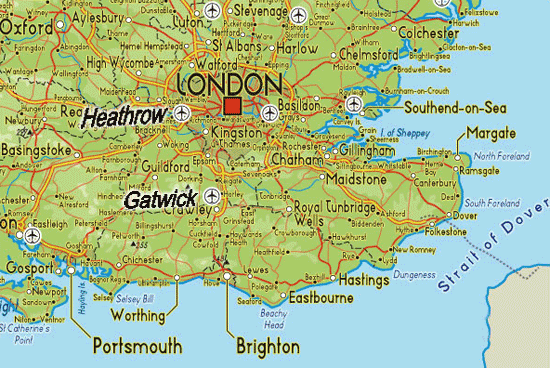We're approaching that time of the year when the Chancellor hands out the sweeties in the Autumn Statement. And so there's the usual calls for this or that sector to be given more sweeties. It is, as Mancur Olson said democracy degraded into, that time when the special interest groups get to carve up the flesh cut from the bodies of us taxpayers. And so we have industry making the ritual call, as predictably as pigs squealing at the sound of the swill bucket:
Manufacturers are set to unveil more gloom as their champions warn the Chancellor that the UK could be left in the industrial slow lane by cuts in support for innovation and exports.
"Cuts in support" equals less of our money.
Manufacturers are warning George Osborne that Britain risks squandering years of investment in hi-tech research and business support if he cuts support for innovation at the spending review next week.
"Innovation" is such a lovely word, isn't it? For we all like innovation and if government spends money on innovation then obviously we'll get more of it. Lovely! Mariana Mazzucato is right, the state can be entreprenurial.
Except of course that as with most academics at Sussex, she's not right, as Matt Ridley has pointed out:
In 2003, the Organization for Economic Cooperation and Development published a paper on the “sources of economic growth in OECD countries” between 1971 and 1998 and found, to its surprise, that whereas privately funded research and development stimulated economic growth, publicly funded research had no economic impact whatsoever. None. This earthshaking result has never been challenged or debunked. It is so inconvenient to the argument that science needs public funding that it is ignored.
In 2007, the economist Leo Sveikauskas of the U.S. Bureau of Labor Statistics concluded that returns from many forms of publicly financed R&D are near zero and that “many elements of university and government research have very low returns, overwhelmingly contribute to economic growth only indirectly, if at all.”
This is just Uncle Milton's four ways of spending money. If you're spending someone elses' money on someone else, as government does with innovation funding, not much will come of it. And if you're spending someone elses' money on yourself, as business does spending that tax innovation money, then the results are little better. But if you spend your own money on yourself, then efficiency and efficacy are the two prime targets and outcomes.
So, yes, let's increase the amount of innovation in UK companies. We would even like to increase the efficiency and efficacy of such spending. Which means reducing to zero the ineffective taxpayer funding of it all and telling companies to fund their own research and work themselves.














